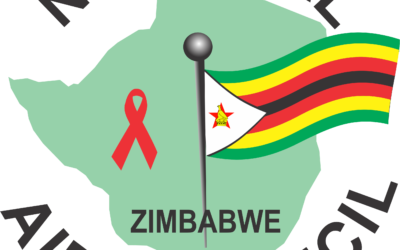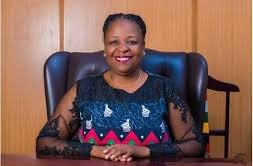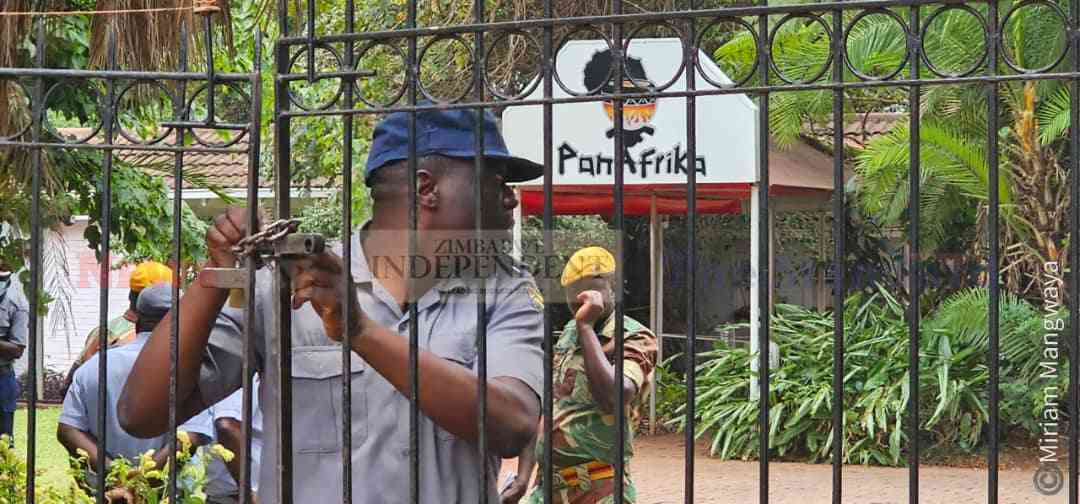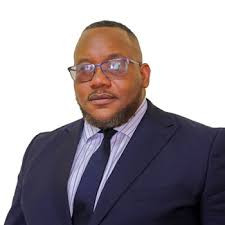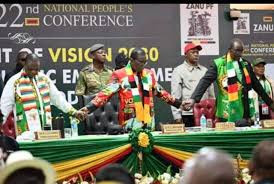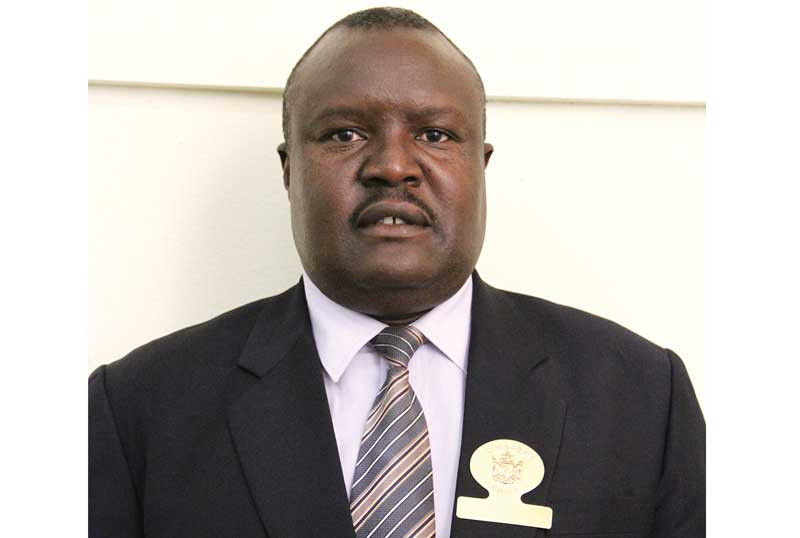
THE President of the National Council of Chiefs (NCC) Fortune Charumbira has dismissed the need for an international commission to probe Gukurahundi.
The remarks by Charumbira are captured in Volume 1 of the Zimbabwe Report on consultative meetings on Gukurahundi held between the NCC, Matabeleland chiefs and civic groups in the region.
The report was unveiled on Monday at the State House in Bulawayo when President Emmerson Mnangagwa launched the Gukurahundi road map.
"The President of the NCC also highlighted that the matter was historical and of a localised nature and its sensitivity required that the solutions for genuine redress be localised, thus an International Commission of Inquiry was unnecessary," the report reads.
"He assured the stakeholders that the chiefs were the appropriate institution to deal with the matter since the chiefs had direct access to victims and could easily identify genuine cases within their respective jurisdictions. Zimbabwe could take a cue from the experience of Rwanda's Traditional Gacaca Courts."
In the late 1990s and early 2000s, thousands of people were arrested, and many were charged and tried under the Rwandese Gacaca system for the genocide that killed an estimated 800 000 Tutsis and moderate Hutus.
The Gukurahundi report reveals serious and deep feelings of hate and anger against the State in Matabeleland to an extent that youth shun job opportunities in security services seen as architects of the mass killings.
“Military and the Central Intelligence Organisation are the faces of Gukurahundi. This has led to low recruitment to the security services especially the Zimbabwe National Army,” the report said.
- Letter to my people: ‘Let them eat cake’: Chris and Monica escapades
- Letter to my people: ‘Let them eat cake’: Chris and Monica escapades
- Zanu PF can’t celebrate violation of rule of law
- Zanu PF can’t celebrate violation of rule of law
Keep Reading
“Bad omens are attributed to Gukurahundi, drought in Matabeleland caused by shallow graves, failure to get married, failure to conceive children were due to their relatives not buried properly. Appeasing the dead is now inter-generational…”
Mthwakazi Republic Party (MRP) leader Mqondisi Moyo said Charumbira was offside by brushing aside calls for an international probe on Gukurahundi.
"If the killings of six people in Harare on August 1, 2018 warranted International commission that was headed by former South African president Kgalema Motlante, what about the genocide that claimed over 40 000 lives. It's clear that Zanu PF has never been sincere about those atrocities,” Moyo said.
“An International Truth and Justice Commission is needed.”
Post-Independence Survival Trust (Pist) director Felix Mafa Sibanda said Gukurahundi was a genocide that can be best handled under international law.
"The law on genocide is handled by the international law even if the country is not a signatory to the International Court of Justice, the international law intervenes on any genocide,” Mafa Sibanda said.
In 20211, Genocide Watch alongside the International Association of Genocide scholars classified Gukurahundi as genocide.
Human rights activist and commentator Effie Ncube said a commission led by outsiders has the required credibility to handle Gukurahundi in an impartial manner.
"Genocide, by its very nature, constitutes the gravest violation of international law and it therefore must be resolved with assistance of the international community. We have countries that are willing to fund a process that will produce results," Ncube said.
Ibhetshu likaZulu coordinator Mbuso Fuzwayo said it was unfortunate that Charumbira was already prescribing an answer on how to deal with Gukurahundi without engaging the victims.
"Gukurahundi is an international crime that cannot be addressed by locals because the perpetrator who is the government wants to prescribe the solution to his victims. It must be bottom up rather than this top bottom approach which will not work,” Fuzwayo said.
Freedom Alliance secretary general Njabulo Ngwenya said a victim centred resolution of the genocide was needed instead of a “perpetrator led process that tries to bury truth telling and deny our people justice.”
Zapu spokesperson Mso Ndlovu said Charumbira must not be taken seriously.
“Localising the genocide is like asking a rape victim to discuss a solution for the rape with her parents. The same Chiefs were victims themselves," Ndlovu said.
Gukurahundi remains unresolved three decades after. The late President Robert Mugabe shut out conversations on the subject until he died.
His successor Emmerson Mnangagwa has opened public debate on the subject to find closure but critics have accused him of being insincere as he has been named as one of the architects of the massacres.

